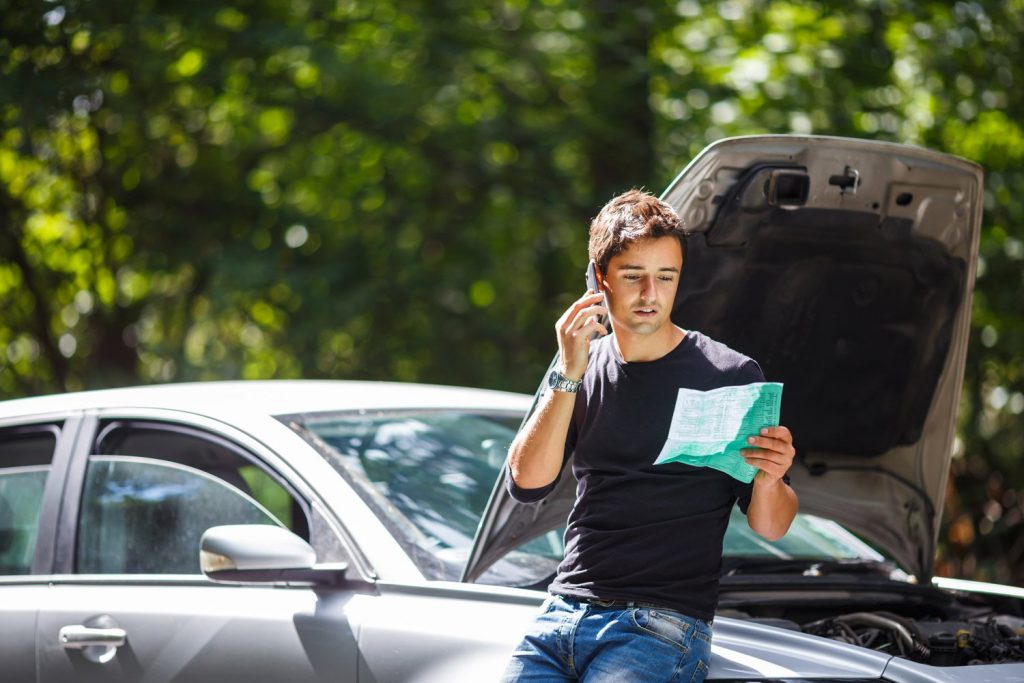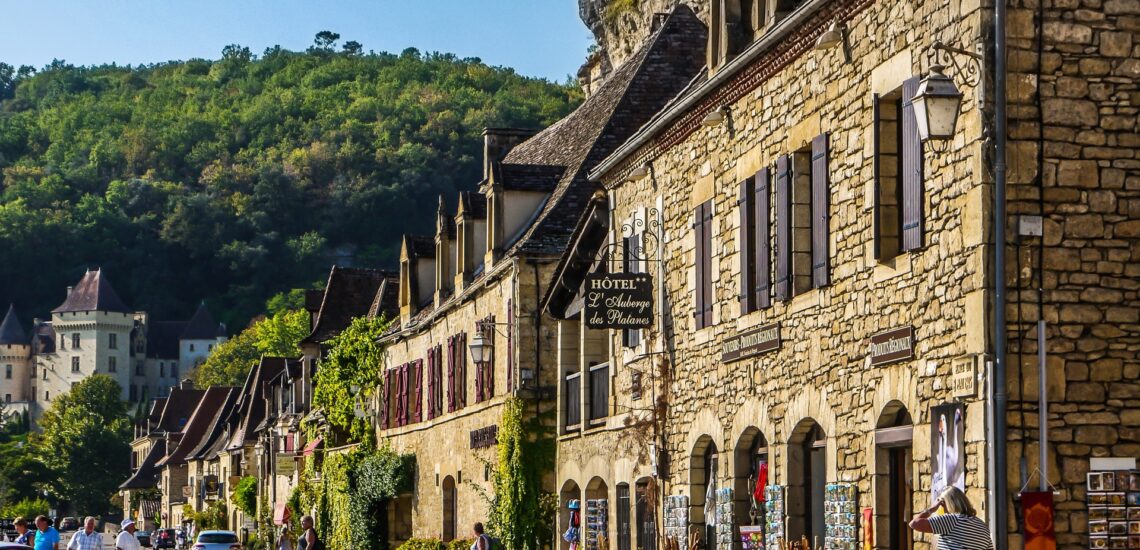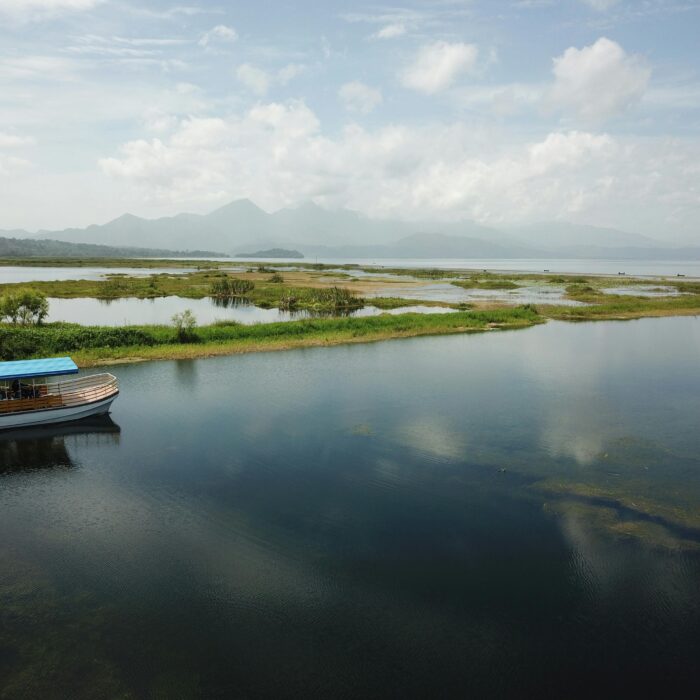Driving in France can be an exciting and convenient way for Americans to explore the stunning landscapes and charming cities of this captivating country. However, before hitting the road, it’s crucial to be well-informed about the driving regulations and cultural nuances that could affect your journey. From understanding the traffic rules and license requirements to navigating the intricacies of car rental and insurance, this guide aims to provide American travelers with a comprehensive overview to ensure a smooth and enjoyable driving experience in France. Whether you’re planning a leisurely road trip through the picturesque French countryside or exploring the bustling streets of Paris, these insights and tips will help you navigate the roads with confidence and ease.
Driving Requirements
Key traffic regulations in France
When driving in France as an American, it’s essential to familiarize yourself with the key traffic regulations to ensure a safe and compliant journey. Some of the significant traffic rules to be aware of include:
- Speed Limits: Observe the designated speed limits, which typically range from 50 km/h in urban areas to 130 km/h on highways, but can vary depending on specific road conditions.
- Priority to the Right: In the absence of road signs indicating priority, vehicles entering from the right typically have the right of way.
- Seat Belts: All passengers must wear seat belts at all times, and children under 10 years old should be secured in appropriate child safety seats.
- Alcohol Limit: The legal blood alcohol limit is 0.05%, so it’s advised to avoid driving after consuming alcoholic beverages.
- Mobile Phones: It is prohibited to use handheld mobile phones while driving, except with hands-free systems.
- Headlights: Use dipped headlights in poor visibility conditions, such as rain or fog, to ensure optimal visibility for yourself and other drivers.
By adhering to these traffic regulations, American travelers can ensure a safe and lawful driving experience in France.
Driver’s license requirements for Americans
For Americans planning to drive in France, understanding the driver’s license requirements is crucial to avoid any legal complications. Here’s what you need to know:
- Valid Driver’s License: Americans can drive in France with a valid U.S. driver’s license. However, it’s recommended to obtain an International Driving Permit (IDP) before your trip to supplement your license and ensure smoother interactions with local authorities.
- Age Restrictions: The minimum age for driving in France is 18 years old, so ensure you meet this requirement before getting behind the wheel.
- Rental Car Regulations: If you plan to rent a car, most rental agencies will require a valid driver’s license, and some might even ask for an IDP. It’s advisable to check with the rental company beforehand to confirm their specific requirements.
By adhering to these driver’s license requirements, you can ensure a hassle-free and legally compliant driving experience in France.
Traffic Rules
Specifics of speed limits and road signs
Understanding the specifics of speed limits and road signs is essential for navigating the roads of France safely and lawfully. Here are some key points to keep in mind:
Speed Limits: In urban areas, the speed limit is generally 50 km/h (31 mph), unless otherwise indicated. On major roads, the limit is 80-90 km/h (50-56 mph), and on highways, it can range from 110-130 km/h (68-81 mph). Be attentive to the signage, as speed limits may vary based on weather conditions and specific road sections.
Road Signs: Familiarize yourself with the diverse road signs that provide essential information for navigation. Pay attention to signs indicating priority, speed limits, no-entry zones, pedestrian crossings, roundabouts, and other critical traffic regulations. Understanding these signs will help you adapt to the local driving environment and ensure a smooth and safe journey.
Parking rules and penalties for violations
When parking in France, it’s important to adhere to the parking rules and regulations to avoid penalties and ensure a smooth driving experience. Here are some key points to consider:
- Parking Zones: Be mindful of the different parking zones designated by color-coded markings and signage, which indicate specific rules and time limits. These zones can vary from paid parking areas to free parking spaces, with different restrictions depending on the location.
- Parking Meters: In urban areas, parking meters are commonly used, requiring payment during specified hours. Ensure you have the necessary coins or a credit card for payment, and always display the ticket on your dashboard to avoid fines.
- Illegal Parking: Parking in prohibited areas, such as bus stops, pedestrian crossings, or in front of fire hydrants, can result in hefty fines or even towing of the vehicle. It’s crucial to follow the designated parking regulations to prevent any inconvenience or penalties during your stay in France.
Driving Tips
Safety recommendations and proper driving practices in France
To ensure a safe and enjoyable driving experience in France, it’s crucial to follow safety recommendations and adopt proper driving practices. Here are some key tips to keep in mind:
- Defensive Driving: Stay alert and cautious, anticipating the actions of other drivers and being mindful of pedestrians and cyclists.
- Use of Signals: Signal your intentions clearly and in advance, especially when changing lanes, merging, or making turns.
- Roundabout Etiquette: Yield to vehicles already in the roundabout and signal your exit when approaching your desired turn.
- Road Courtesy: Be considerate of other drivers and pedestrians, and adhere to the right-of-way rules to maintain a smooth flow of traffic.
- Avoid Distractions: Refrain from using mobile phones or engaging in any activities that may divert your attention from the road.
By practicing these safety measures and driving with vigilance and consideration, you can contribute to a safer road environment for yourself and others while exploring the beautiful landscapes of France.
Advice on navigating roundabouts and intersections
Navigating roundabouts and intersections can be a crucial aspect of driving in France. Here are some essential pieces of advice to help you navigate these road features effectively:
- Yield to Traffic in Roundabouts: Give way to vehicles already in the roundabout, and only enter when there is a safe gap.
- Use Turn Signals: Indicate your intention to exit the roundabout or make a turn by using your turn signals in advance.
- Stay in the Correct Lane: Choose the appropriate lane based on your intended exit, and maintain your position until you reach the exit.
- Priority Rules: Respect the priority rules, especially when yielding to traffic approaching from the left at intersections without traffic lights or stop signs.
- Pedestrian Crossings: Be attentive to pedestrian crossings, and always yield to pedestrians when they are crossing the road, especially at designated crosswalks.
By adhering to these recommendations, you can navigate roundabouts and intersections with confidence and ensure a smooth and safe driving experience during your time in France.
Car Rental
Practical tips for renting a car for Americans
Renting a car in France can provide the freedom to explore the country at your own pace. Here are some practical tips for Americans looking to rent a car:
- International Driving Permit in France: Obtain an International Driving Permit before your trip, as it may be required by some rental agencies in addition to your U.S. driver’s license.
- Research Rental Companies: Compare rental companies to find the best rates and options that suit your travel needs. Consider both local and international rental agencies for a comprehensive comparison.
- Book in Advance: Secure your rental car in advance to ensure availability and potentially benefit from early booking discounts.
- Check Insurance Coverage: Review the rental company’s insurance policy and consider purchasing additional coverage, such as collision damage waiver or liability insurance, for added peace of mind.
- Familiarize Yourself with the Vehicle: Take the time to familiarize yourself with the rental car’s features, including the location of the spare tire, the fuel type, and any specific driving nuances.
By following these practical tips, you can streamline the car rental process and embark on your journey through France with convenience and confidence.
Information on popular rental companies and their terms
When renting a car in France, it’s essential to be aware of popular rental companies and their specific terms. Here are some well-known rental companies you might consider, along with general information about their services:
- Europcar: Offers a wide selection of vehicles with multiple pick-up and drop-off locations across France. Provides options for additional insurance coverage and flexible rental durations.
- Hertz: Known for its global presence, Hertz provides various vehicle options, including luxury cars and SUVs. Offers convenient booking options and additional services such as GPS navigation and child safety seats.
- Avis: A reputable rental company with a diverse fleet of vehicles, Avis is known for its competitive pricing and loyalty programs. Provides options for one-way rentals and extended rental periods.
- Enterprise: Offers a range of vehicles suitable for different travel needs, from compact cars to spacious SUVs. Provides complimentary pick-up services from certain locations and flexible rental agreements.
Before choosing a rental company, carefully review their terms and conditions, including insurance coverage, rental duration flexibility, and any additional fees, to make an informed decision that aligns with your travel requirements.

Insurance and Legal Aspects
Overview of necessary types of insurance for driving in France
When driving in France, having the appropriate insurance coverage is crucial to ensure a smooth and secure journey. Here is an overview of the necessary types of insurance you may require:
- Third-Party Liability Insurance: This is mandatory in France and covers damage or injury caused to third parties in the event of an accident. It’s essential for all drivers to have this basic coverage.
- Collision Damage Waiver (CDW): This type of insurance covers damage to the rental vehicle in case of an accident. While not mandatory, it is highly recommended, especially when renting a car.
- Personal Accident Insurance: This insurance provides coverage for medical expenses and other costs in the event of personal injury during an accident. While not obligatory, it can offer added protection and peace of mind.
- Theft Protection: This insurance covers the cost of the rental vehicle if it gets stolen or damaged due to theft-related incidents. It’s advisable to consider this coverage, particularly if you’re traveling to unfamiliar or high-risk areas.
Before your trip to France, ensure you understand the specifics of each insurance type, and consider purchasing additional coverage to mitigate any potential risks during your time on the road.
Explanation of legal aspects related to road travel for foreign drivers
Foreign drivers traveling in France should be aware of the legal aspects related to road travel to ensure a seamless and lawful experience. Here are some key points to consider:
- Valid Driver’s License: Ensure you carry a valid driver’s license from your home country, along with an International Driving Permit (IDP) if required.
- Traffic Rules: Familiarize yourself with the local traffic rules and regulations, including speed limits, road signs, and right-of-way guidelines, to avoid any legal penalties or accidents.
- Alcohol Limits: The legal blood alcohol concentration limit for drivers in France is 0.05%. It’s essential to adhere to this limit and refrain from drinking and driving to avoid hefty fines and legal repercussions.
- Mobile Phone Usage: Using a handheld mobile phone while driving is strictly prohibited in France. Ensure you use a hands-free device if you need to make or receive calls while on the road.
- Documentation: Carry all necessary documentation, including your driver’s license, IDP, vehicle registration, insurance papers, and any other relevant identification, to present to law enforcement if required.
By adhering to these legal aspects and being aware of the specific regulations, you can ensure a compliant and hassle-free driving experience in France
Trip Preparation
Tips for route planning and choosing the optimal time for travel
When planning your route and selecting the best time for travel in France, consider the following tips to enhance your journey:
- Research Scenic Routes: Explore popular scenic routes and picturesque roadways to make the most of your travel experience and enjoy the breathtaking landscapes that France has to offer.
- Traffic Considerations: Be mindful of peak traffic hours in urban areas and plan your travel to avoid heavy congestion, especially during rush hours and popular holiday periods.
- Seasonal Variations: Take into account seasonal variations and weather conditions that might affect your travel experience. Plan your route according to the climate and consider any specific activities or events that may be influenced by the time of year.
- Historical Sites and Landmarks: Incorporate visits to historical sites and landmarks along your route to immerse yourself in the rich cultural heritage and diverse history of France.
- Local Events and Festivals: Check for local events, festivals, and cultural celebrations taking place during your travel period, and consider including them in your itinerary for a more enriching and authentic experience.
By integrating these tips into your route planning and travel schedule, you can optimize your time in France and create a memorable and rewarding exploration of this vibrant and culturally rich country.
Recommendations for essential items for driving and road safety
To ensure road safety and a smooth driving experience in France, it’s important to have essential items readily available. Consider the following recommendations for your driving journey:
- Emergency Kit: Prepare a comprehensive emergency kit, including a first-aid kit, flashlight, spare batteries, reflective vests, and warning triangles to handle unexpected situations.
- Roadside Assistance Information: Keep contact details for local roadside assistance services and your rental company readily accessible in case of emergencies or vehicle breakdowns.
- Navigation Tools: Equip yourself with reliable navigation tools, such as GPS devices or maps, to assist in route planning and prevent getting lost during your travels.
- Safety Belts and Child Restraints: Ensure all passengers wear safety belts, and if traveling with children, use appropriate child restraints or car seats to adhere to the required safety standards.
- Vehicle Documents: Carry all necessary vehicle documents, including rental agreements, insurance papers, and registration documents, to present when required and avoid any legal complications.
By prioritizing these essential items and safety measures, you can promote a secure and stress-free driving experience throughout your journey in France.
Summing up and final recommendations for Americans planning to drive in France
Summarizing the key points, here are the final recommendations for Americans planning to drive in France:
- Ensure you have a valid U.S. driver’s license and consider obtaining an International Driving Permit (IDP) before your trip.
- Familiarize yourself with local traffic rules, including speed limits, right-of-way regulations, and road signs.
- Obtain the necessary insurance coverage, such as third-party liability insurance and collision damage waiver, to mitigate potential risks.
- Plan your route in advance, considering scenic routes, seasonal variations, and local events to optimize your travel experience.
- Equip your vehicle with essential items for road safety, including an emergency kit, navigation tools, and necessary vehicle documents.
By adhering to these recommendations and staying informed about the legal aspects and driving practices in France, you can ensure a seamless and enjoyable journey through the picturesque roads and diverse landscapes of this captivating country.

Published October 21, 2023 • 13m to read





